Dual Diagnosis
Discover our comprehensive continuum of care for mental health and co-occurring disorders in Pennsylvania.
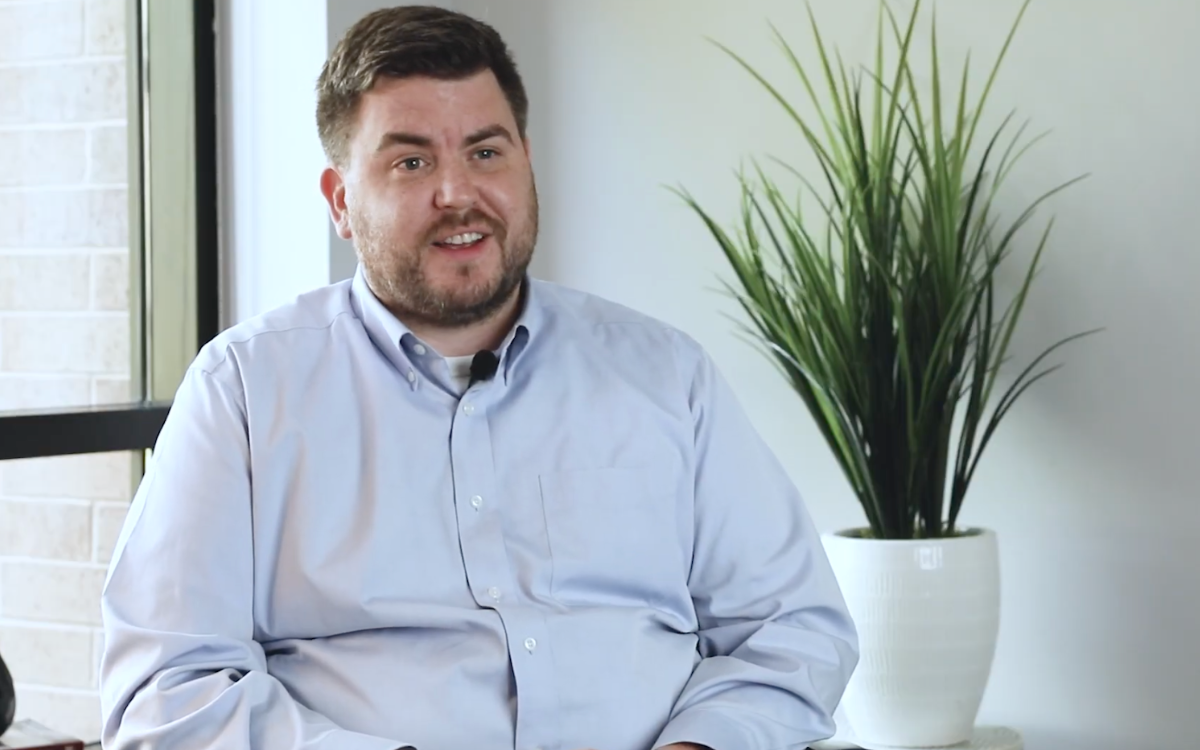
Trusted Dual Diagnosis Treatment in Pennsylvania
Mental health and addiction are often deeply connected. At STR Behavioral Health, we provide evidence-based care for adults facing both substance use and complex mental health conditions. As a Joint Commission-accredited provider, we specialize in dual diagnosis treatment that addresses these co-occurring disorders together — because real recovery requires treating the whole person.
Many individuals turn to drugs or alcohol to manage undiagnosed psychiatric symptoms, only to become trapped in a worsening cycle. Our integrated approach helps clients break the cycle by addressing both the root causes and the symptoms — building a foundation for long-term healing and stability.
Our Dual Diagnosis Treatment Locations
With convenient locations across multiple Pennsylvania counties, our facilities offer a private, supportive environment where clients with co-occurring conditions can focus on healing.
-
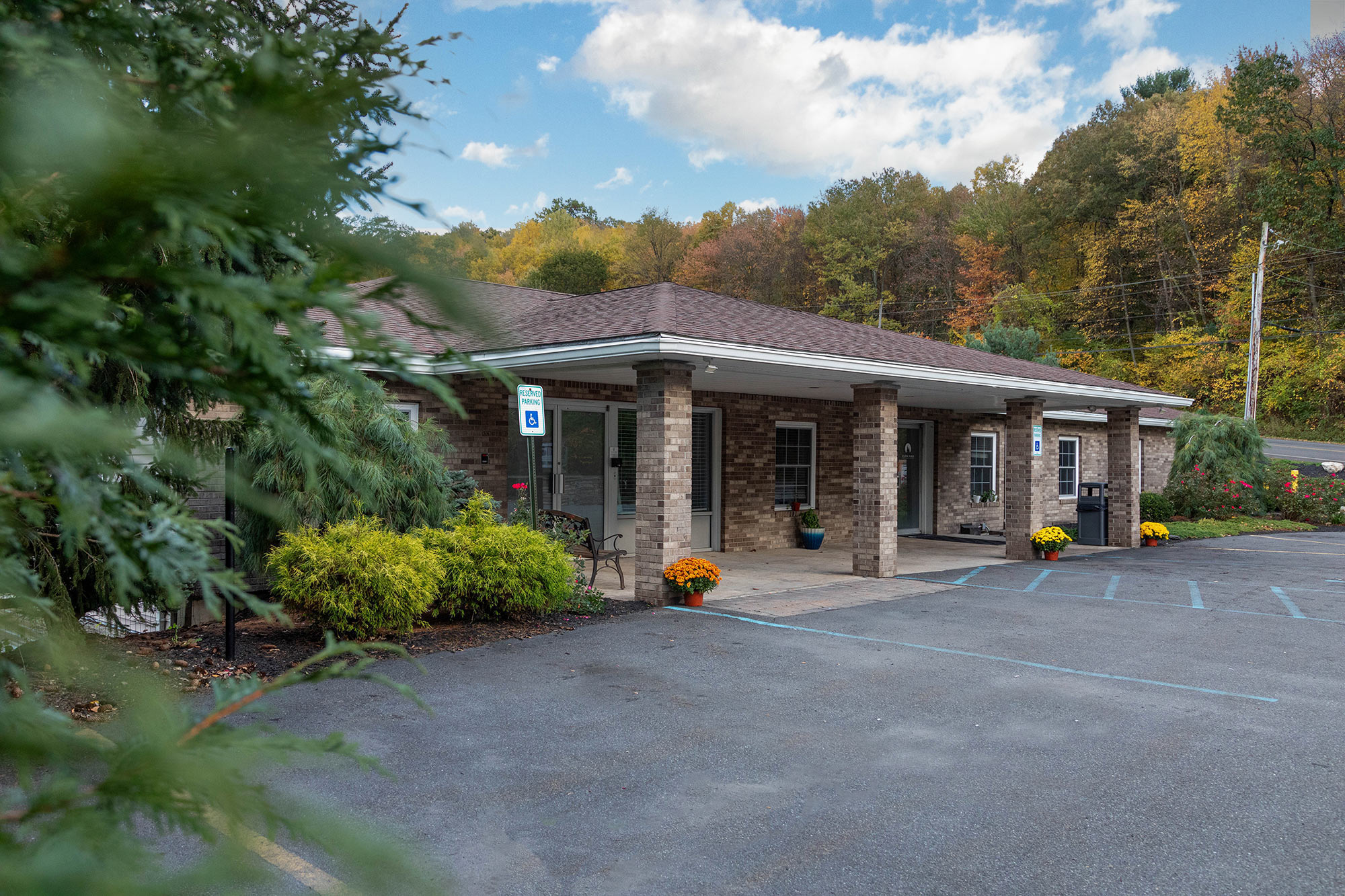
Silver Pines Detox + Residential
Medical detox and residential treatment for substance use disorder, alcohol use disorder, mental health disorders, and dual diagnosis.
-
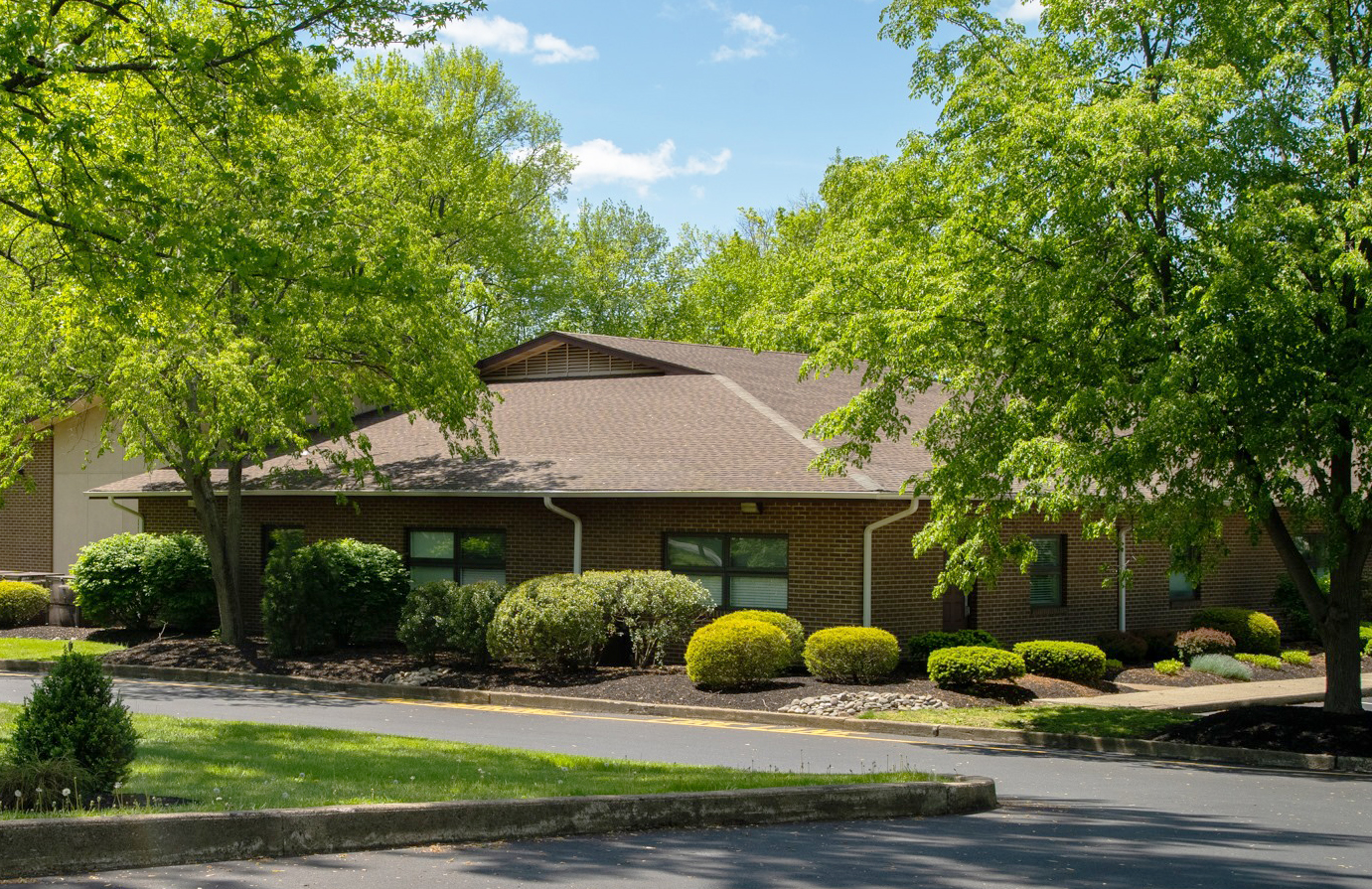
Bucks County Outpatient + Housing
PHP and IOP for mental health disorders, substance use disorders, and dual diagnosis, with supportive housing options.
-
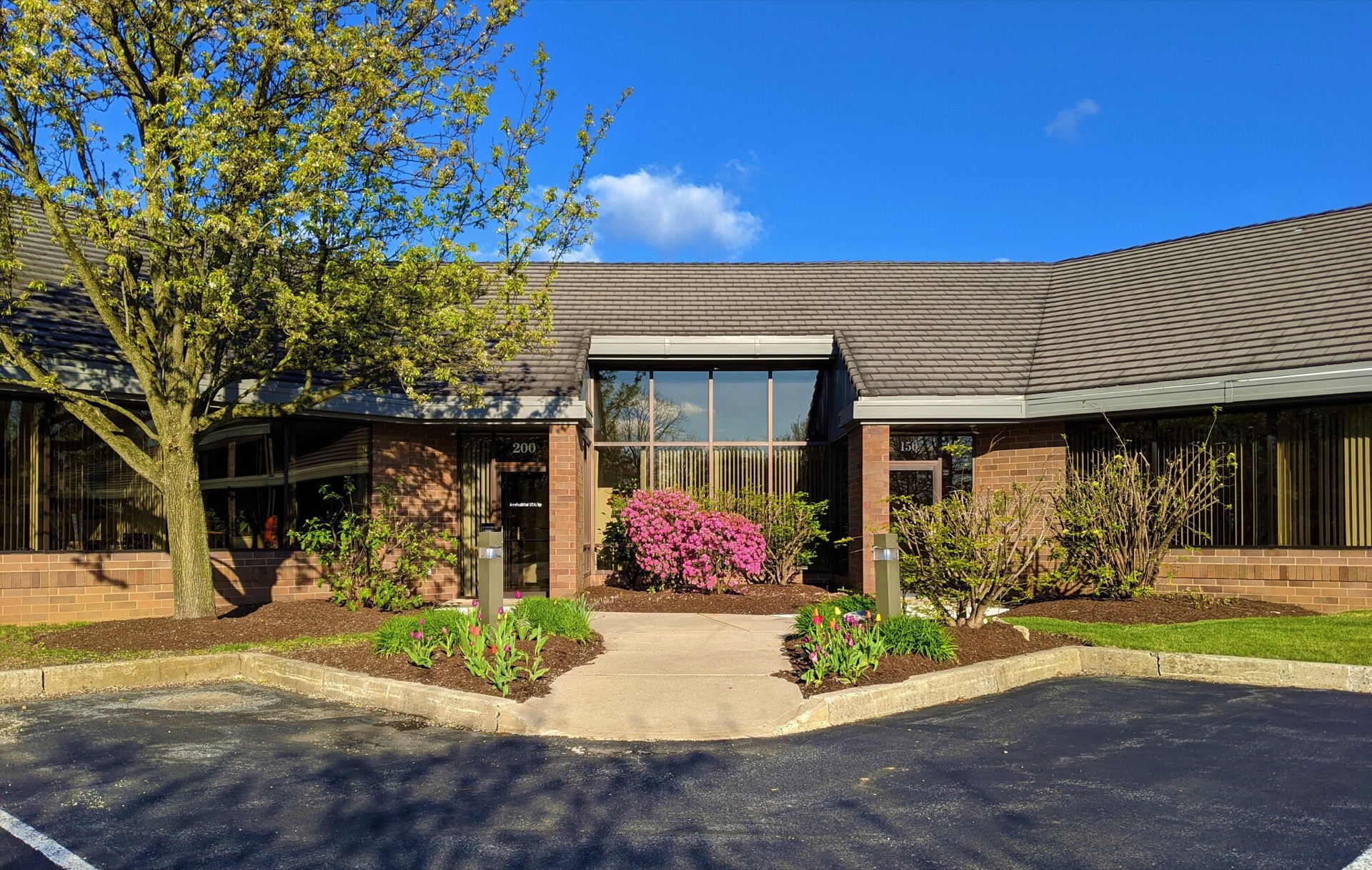
Lehigh Valley Outpatient
PHP & IOP for mental health disorders, substance use disorders, and dual diagnosis.
-
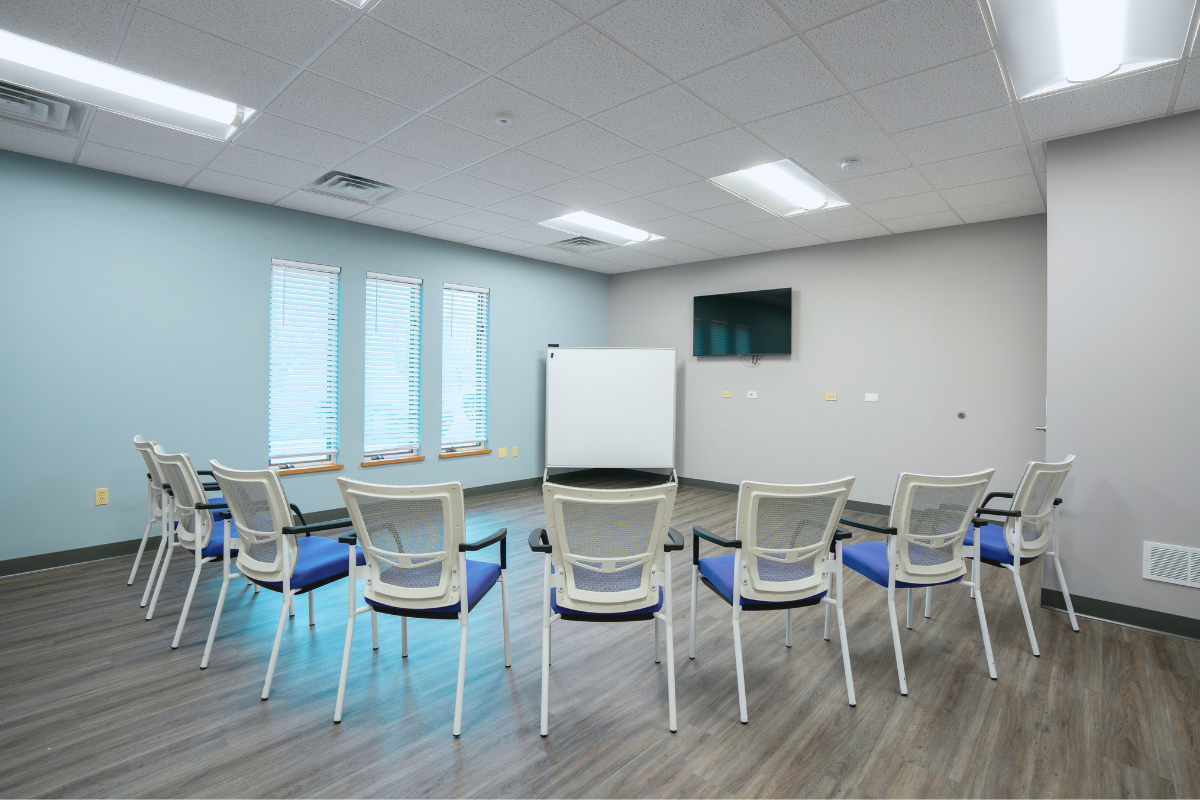
Lancaster Outpatient
Immersive outpatient treatment for addiction, mental health, and dual diagnosis in Pennsylvania.
Dual Diagnosis Treatment at STR
Who We Treat
Adults of all genders (18+)
Levels of Care
Medical detox, residential treatment, partial hospitalization program, intensive outpatient program, supportive housing
Payments Accepted
Commerical insurance, private pay
Medicare/Medicaid
Not accepted
About Our Dual Diagnosis Program
As a dually licensed facility, STR Behavioral Health delivers truly integrated care for individuals facing both substance use and co-occurring mental health disorders. Our expert clinical teams collaborate with each client to create a personalized treatment plan that addresses the full spectrum of their needs — emotional, psychological, and physical.
Our medically supervised detox program ensures safe stabilization, setting the foundation for comprehensive therapy that targets both addiction and underlying mental health challenges. As clients move through treatment, we continually evaluate progress and adapt care plans to support long-term recovery, personal growth, and sustainable change.
Empowering you on your journey to lasting recovery and well-being.

What We Treat
Our dual diagnosis program treats both substance use and mental health disorders, providing integrated, personalized care for lasting recovery.
FAQs
Dual Diagnosis
What is dual diagnosis?
A dual diagnosis refers to the simultaneous presence of a substance use disorder (SUD) and a mental health disorder. Research indicates that approximately 25% of people with severe mental illness also struggle with SUD.[1]
Because SUD and mental illness are so often intertwined, it’s challenging to know which condition appeared first. Many people use drugs or alcohol to cope with mild or moderate mental health symptoms before they receive a diagnosis of a psychiatric disorder. Over time, substance use often worsens existing mental health issues. Similarly, people with a genetic predisposition for certain psychiatric disorders may find that their substance abuse accelerates the onset of a mental health disorder.
Both SUD and mental health disorders share common risk factors, such as genetics, brain development, and environmental influences like chronic stress and childhood trauma. Because these conditions exacerbate one another, individuals with a dual diagnosis typically experience more severe symptoms than those with a single disorder. Uncovering and addressing the relationship between disorders is crucial for effective treatment and recovery.
1. Bethesda. (2020). Common Comorbidities with Substance Use Disorders Research Report. In PubMed. National Institutes on Drug Abuse (US).
Which mental health disorders commonly co-occur with SUD?
Substance use disorder (SUD) often co-occurs with various mental health conditions. Some of the most common disorders associated with SUD include:
- Depression
- Anxiety disorders
- Bipolar disorder
- Post-traumatic stress disorder (PTSD)
- Borderline personality disorder (BPD)
- Attention-deficit/hyperactivity disorder (ADHD)
- Schizophrenia
Understanding the interplay between these disorders is essential for effective treatment and recovery. Addressing both SUD and co-occurring mental health issues can lead to more comprehensive care and improved outcomes.
What are the symptoms of a dual diagnosis?
The symptoms of a dual diagnosis can vary based on the specific mental health condition and substance use disorder involved. For example, an individual with bipolar disorder may experience significant mood swings and fluctuating energy levels; someone with depression might lose interest in activities they once enjoyed or struggle with sleep.
Common signs and symptoms of a dual diagnosis may include:
- Treatment resistance – Lack of success with traditional addiction or mental health treatment.
- Social isolation – Withdrawing from friends and family.
- Daily functioning challenges – Difficulty keeping up with daily activities, routines, and responsibilities.
- Risky behavior – Engaging in dangerous or illegal activities.
- Mood instability – Experiencing mood swings, irritability, or aggression.
- Increased tolerance – Needing higher quantities of drugs or alcohol to achieve a desired high.
- Escalating substance use – Gradually increasing the frequency and amount of drugs or alcohol consumed.
- Sleep issues – Trouble falling or staying asleep.
- Relationship struggles – Difficulty maintaining personal relationships.
Why is dual diagnosis treatment necessary?
Dual diagnosis treatment is essential because SUD and mental illness are often deeply interconnected. The most effective treatment addresses both conditions simultaneously with a cohesive team of providers.
Traditionally, individuals with both SUD and mental health issues would receive isolated treatment for each condition, with little focus on how the two connect and influence one another. Integrated treatment, on the other hand, recognizes and addresses this connection.
This comprehensive approach includes:
- Skill building – Equipping individuals with real-world skills to manage triggers and modify problematic behavior patterns that lead to relapse.
- Detox + stabilization – Safely managing drug or alcohol withdrawal symptoms.
- Therapeutic interventions – Group, individual, and family therapy to explore the root causes of both conditions.
Levels of Care
Our comprehensive continuum of care provides step-by-step support for individuals with co-occurring disorders — from medical detox and stabilization to residential treatment and structured outpatient programs. Each level is designed to meet clients where they are and guide them toward lasting recovery.
Medical Detox
Medical detox that prioritizes your comfort, safety, and recovery.
Residential Treatment
24/7 supervision, support, and intensive daily treatment in a serene, non-hospital environment.
Partial Hospitalization
Program (PHP)
Structured daily treatment that allows for great personal independence.
Intensive Outpatient
Program (IOP)
Continued care with flexibility to accommodate work, school, and family responsibilities.
Supportive Housing
Safe, affordable, recovery-focused housing for clients in treatment.
We’re committed to providing life-changing treatment at every level. Here’s what members of our community say about us.
"My son got the very best care and declared that he felt a more positive change than ever before from attending STR Cedar Creek. The staff acutely paid attention to him making sure that his care was tailored just for him. They went above and beyond to help meet his needs, and when he left he strongly felt that he was ready ... If you’re willing to put in the work, I have no doubt that the amazing staff at STR Cedar Creek will help you realize your happiness and peace."
— Grateful Parent of an Alum
Take the next step toward healing. We’re here to support you every step of the way.